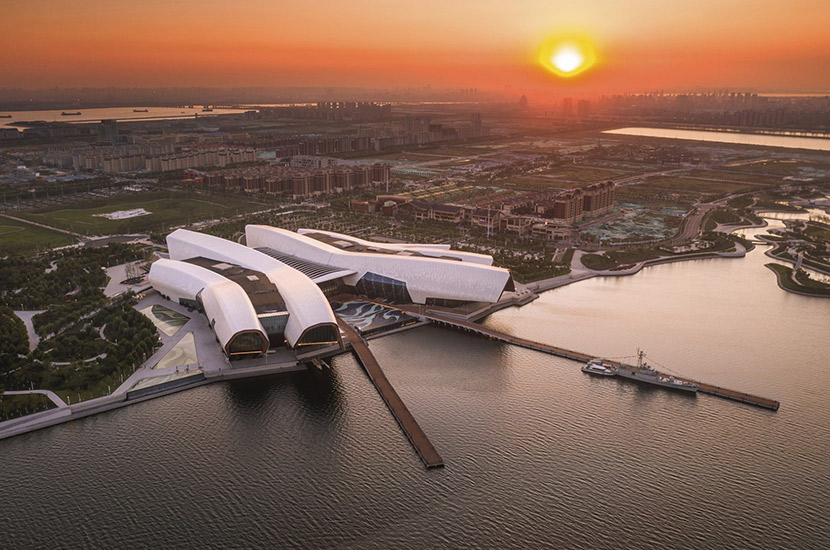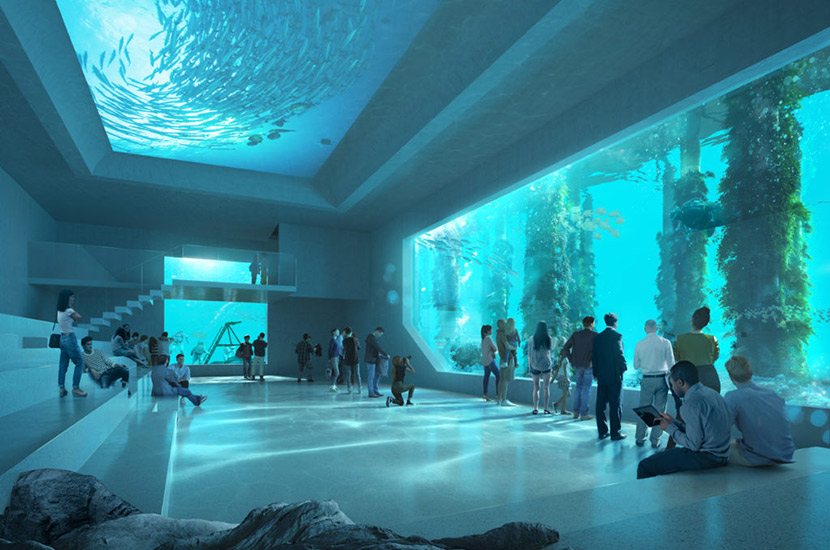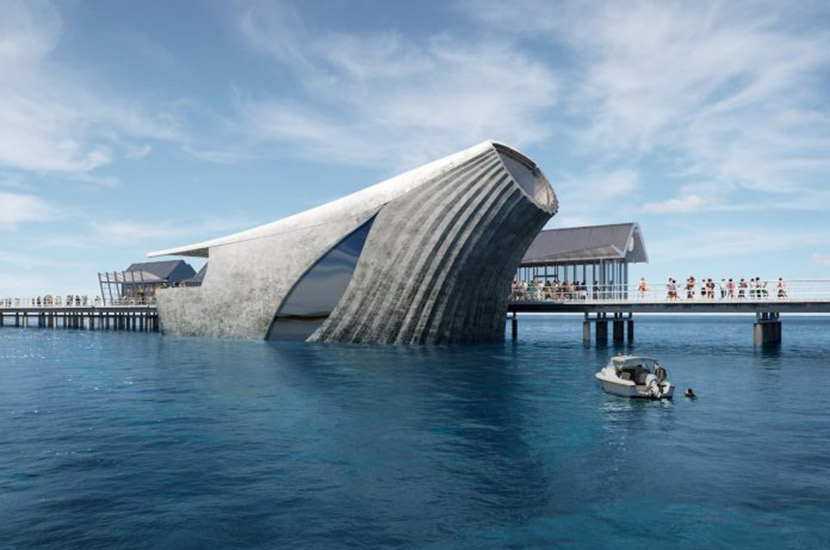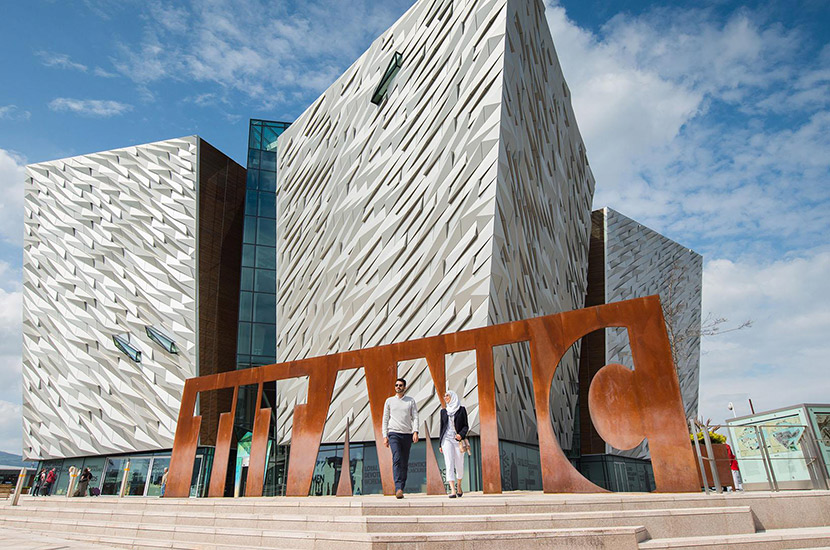Maritime vision for Central Pier revealed
A new Maritime Experiential Centre, dubbed the “maritime ACMI”, has been mooted as a permanent activation for a transformed Central Pier.
The Melbourne Maritime Heritage Network (MMHN), chaired by former City of Melbourne councillor Jackie Watts, is in talks with the pier’s custodian Development Victoria about its “multi-faceted” vision to optimise Melbourne’s rich maritime identity.
In stressing that its proposal will “not be a maritime museum”, MMHN says a Melbourne Maritime Experiential Centre at Central Pier would showcase history, environment, trade, innovation and science through a mixture of virtual reality and physical engagement.
In an effort to leverage Docklands’ waterways and activate the “languishing” precinct, the MMHN proposes the centre to be an “architectural icon”, while transforming and repurposing the “degraded” heritage-listed pier.
In its proposal, seen by Docklands News, MMHN references international and domestic examples such as China’s National Maritime Museum in Tianjin, “Titanic Belfast” in Ireland and the Australian Underwater Discovery Centre in Busselton, Western Australia.
In offering a “clear point of differentiation from all existing maritime museums in Australia”, the proposal would use creative technologies to “attract, engage and educate the public” on diverse aspects of maritime heritage and marine industry.
“The Maritime Experiential Centre will not be a maritime museum, it will not include floating vessels and it will feature minimal conventional exhibits,” the MMHN proposal states.
A Maritime Experiential Centre is not only an historically appropriate re-purposing maritime heritage infrastructure (Central Pier), but importantly, it is a concept which will generate permanent visitation to Docklands, in a precinct widely recognised as being devoid of adequate and diverse commercial activation.
“The Maritime Experiential Centre will become a ‘destination’ in Docklands whereas there is very little to stimulate or sustain public interest in Docklands now (for example – the economic benefit flowing from MONA in Hobart).”
Described by Jackie Watts as a “maritime hybrid of ACMI and IMAX”, the centre would showcase a range of experiential learning tools, methods and technologies, including virtual and augmented reality, simulations, virtual experiences above and below water, as well as internal and external projections.
The mixture of “virtual and actual” experiences would allow visitors to engage with the industry in new ways on a range of important themes including commerce and trade, specialist shipping, marine research, energy generation (wind and wave), offshore extractive industries, stevedoring, logistics, ports management, innovation, new propulsion, aquaculture, marine archeology, oceanography, marine environmental sustainability and much more.
The centre would also enable a number of authorities and agencies, such as Melbourne Water, Environment Victoria, CSIRO, Parks Victoria, Maritime Safety and universities to showcase “cutting edge” work, while facilitating public engagement.
In its proposal, MMHN said that the initiative would provide overdue recognition of Melbourne’s maritime heritage, as well as a “symbolic infrastructure project investment” to announce the city’s return from pandemic.
“Across the globe, cities optimise the value of their maritime heritage, major economic strength and future ambitions. Melbourne has neither strategically nor sufficiently promoted its maritime success ‘story’,” the proposal states.
“Iconic architecture has the capacity to inspire – especially so on a highly visually prominent site as Central Pier which eloquently and prominently reflects Melbourne’s prosperous past flowing from maritime trade, industry and innovation.”
“Maritime endeavour has been and still is, the foundation of Melbourne’s economic prosperity. Despite Melbourne’s comparative wealth and culture, the state has not ambitiously invested in any internationally acclaimed construction in recent decades.”
“A Maritime Experiential Centre will enable Melbourne to showcase its rich maritime heritage as well as reflect the current strength of Victoria’s maritime industry sector and the marine-based innovative technologies which are shaping our future.”
In May, the state government included $3 million in its latest budget for a concept design and business case for demolition and redevelopment of Central Pier.
Development Victoria was due to begin a public consultation process on the pier’s future earlier this year, but ongoing lockdowns have meant this has yet to occur •

New park to revitalise historic maritime precinct in Docklands










 Download the Latest Edition
Download the Latest Edition